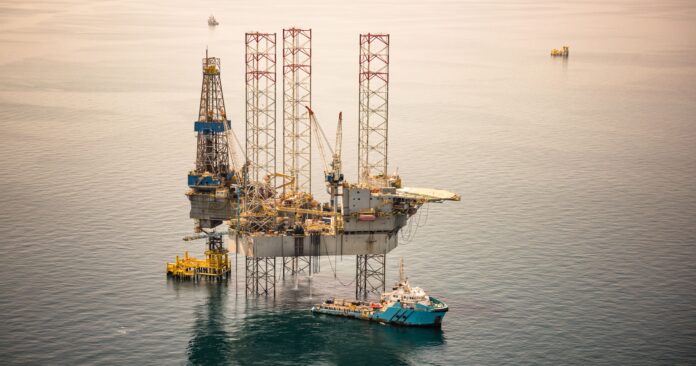RIYADH: Oil prices fell on Monday with the global fuel demand outlook overshadowed by COVID-19 restrictions in China and the potential for further interest rate hikes in the US and Europe.
Brent crude futures dropped $1.28, or 1.4 percent, to $91.56 a barrel by 0330 GMT, after settling 4.1 percent higher on Friday.
US West Texas Intermediate crude was down $1.34 at $85.45 a barrel, or 1.5 percent, after a 3.9 percent gain in the previous session.
North Asian refiners to get full allocation of Saudi crude in October
Saudi Aramco has notified at least three North Asian buyers that it will supply full contractual volumes of crude in October, sources with knowledge of the matter said on Monday.
The world’s top oil exporter has slashed its official selling prices to Asian buyers for the month, the first reduction in four months.
Indonesia considering buying Russian oil as fuel prices soar: FT
Indonesian President Joko Widodo is considering joining India and China in buying Russian oil to offset the increasing pressure of rising energy costs, the Financial Times reported on Monday.
“We always monitor all of the options. If there is the country (and) they give a better price, of course,” Widodo said in an interview with the Financial Times when he was asked whether Indonesia would buy oil from Russia.
Earlier this month, Widodo hiked subsidized fuel prices by 30 percent and said that the price hike was his “last option” due to fiscal pressures, sparking protests across the nation of 270 million people.
Any move to purchase Russian crude at prices above the cap agreed by G7 countries could subject Indonesia to US sanctions.
Libya’s oil production rises to 1.205 million bpd
Libya’s oil production has increased to 1.205 million barrels per day, compared with 1.163 million last week, Libya’s National Oil Corp. said on Sunday.
Last week, NOC said the production of the North African country decreased due to power issues in the Sarir and Mesla oilfields.
(With input from Reuters)

